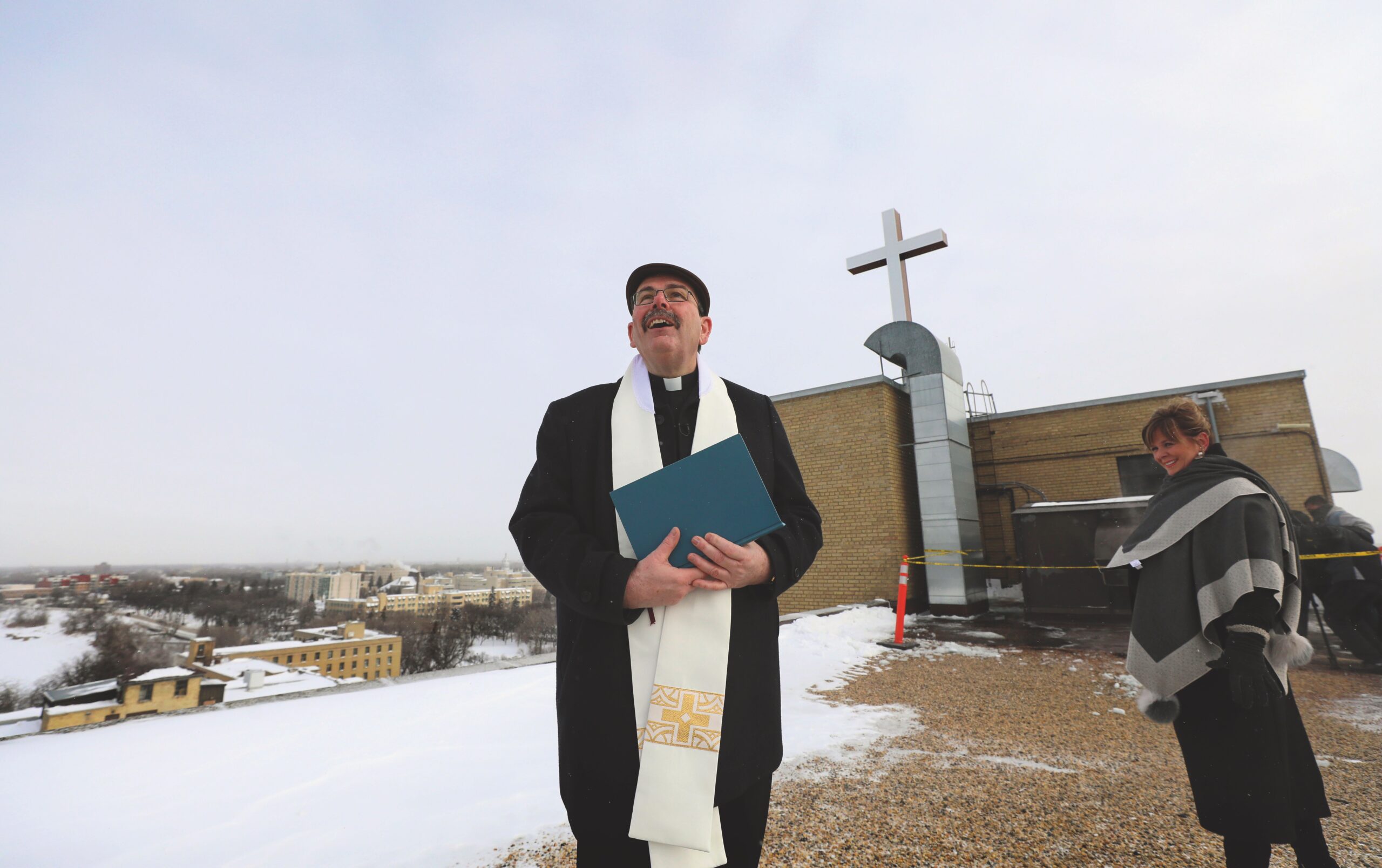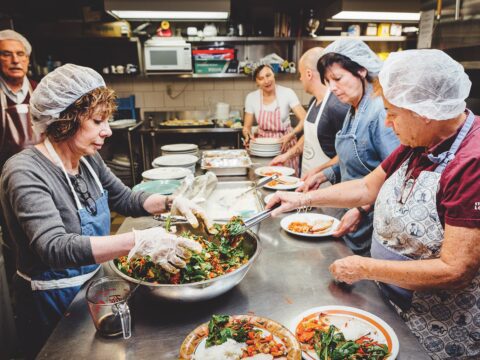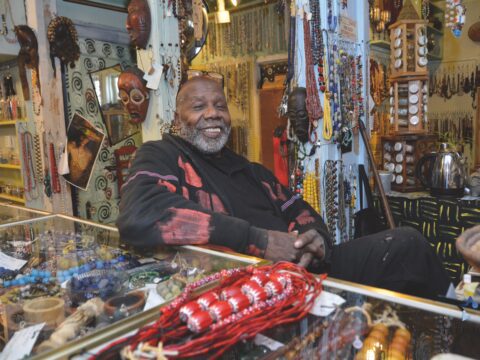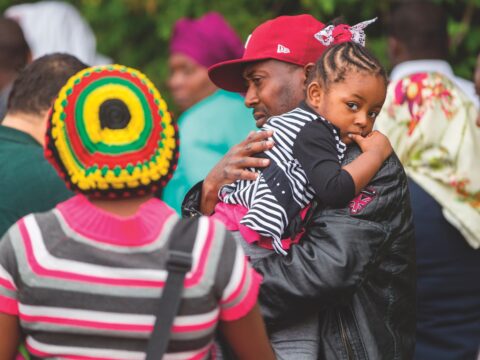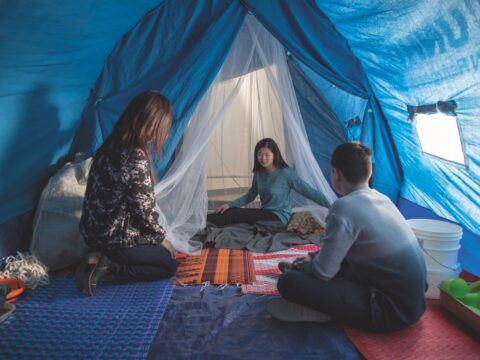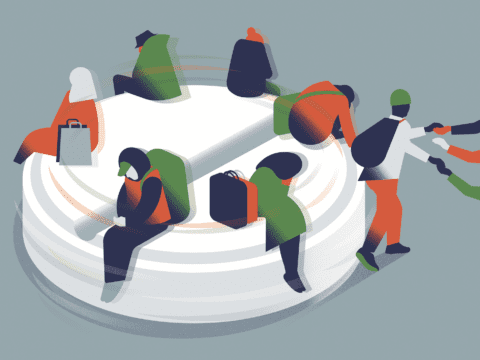Earlier this year, representatives from many of Winnipeg’s faith communities sat around the boardroom table at the Winnipeg Free Press. There were Muslims and Jews, Catholics and Anglicans. Mennonites, Presbyterians and Mormons. And United Church members, too. The agenda was our newspaper’s growing coverage of religion, and all the faith groups present had contributed to the collection plate when the Free Press came calling in 2018 with a pitch that was a first for Canadian newspapers.
We had approached Winnipeg’s faith communities with a simple offer: if you value faith coverage in the newspaper and want to see more — help us do more. And they responded enthusiastically, raising more than $30,000 to fund coverage of religion beyond what was previously found in our paper.
You may unsubscribe from any of our newsletters at any time.
This funding doesn’t buy any advertising. Nor does it allow the faith groups to dictate what is covered or how. Instead, it goes toward producing independent journalism that covers their communities. At a time when religion is all too often dismissed, discounted and derided, faith groups see value in the province’s largest media outlet telling their stories to a broader audience. And to ensure these stories are widely read, we place them in front of our digital paywall so everyone can access them.
Newspapers everywhere are hurting financially and need to find new funding models to cover the cost of producing journalism. The arrangement the Winnipeg Free Press has struck with the local Christian, Jewish and Muslim communities is one example of how to do this. Other Canadian faith groups should take note.
More on Broadview: Alicia Elliott reflects on media bias in MMIWG report
While the society we live in is not as religious as it once was, those who believe in some higher power still outnumber those who don’t, according to Statistics Canada. But regardless of the exact number of religious adherents in Canada, faith remains a strong influence in public life. To ignore its impact on our national discourse would be to shortchange our audience. We saw how religious concerns were part of the debate on same-sex marriage, and we are still seeing how faith-based institutions are part of the ongoing debate on Canada’s new law allowing medically assisted death.
The question for the Winnipeg Free Press, and for newspapers everywhere, is how to properly cover faith with consistent depth, not just when controversies arise. Because if we don’t find a way to cover faith stories, they might go untold. Religious media in Canada is facing similar, and in many cases even larger, challenges than secular media. In the last 15 years, for example, membership in the Canadian Christian Communicators Association (formerly the Canadian Church Press) fell from 81 to 47 publications.
This year, our reporters have been at a mosque to talk to Muslims as they mourned for the victims of the massacre in Christchurch, New Zealand, a Jewish café targeted by anti-Semitic graffiti and atop a Catholic-run hospital as an archbishop blessed a new cross to replace a broken one that had long been part of the city’s skyline. In each of these stories, faith was important, and with our new revenue model, we were able to properly capture that.
Religious communities across the country ought to be inspired by the leap of faith undertaken by Winnipeg’s churches, mosques and synagogues, and step up themselves to contribute to the production of independent journalism covering religion.
This column first appeared in the October 2019 issue of Broadview with the title “Pay to play.” For more of Broadview’s award-winning content, subscribe to the magazine today.

